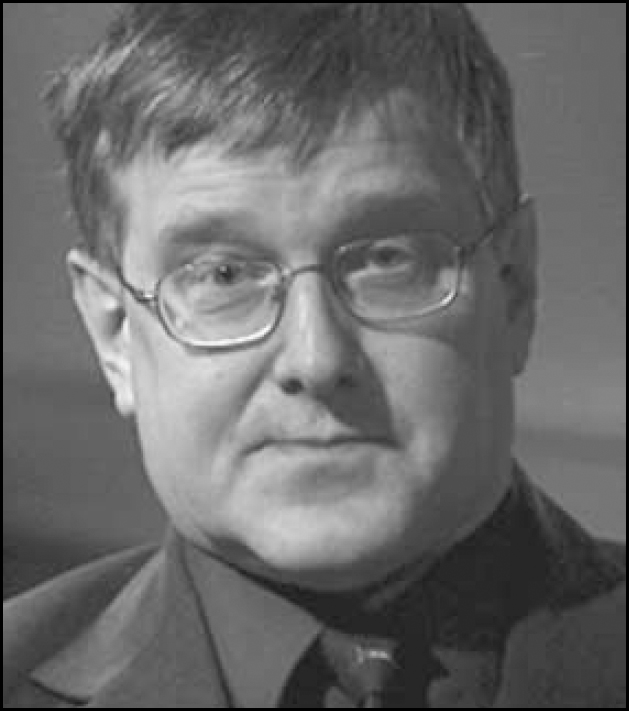Formerly Professor of Child and Adolescent Psychiatry, Royal Manchester Children's Hospital
Dick Harrington, as he was known, was born on 22 October 1956 and was an outstanding child psychiatrist who achieved a radical revision of our understanding of childhood depression. As a result of his work, we have evidence-based clinical practice, and systematic methods for evaluating the process and the outcome of psychological treatment given to young people with affective disorders. His early work consisted of follow-up studies of patients who had attended the child psychiatry out-patients’ department at the Maudsley Hospital in southeast London, which showed that depressive conditions in the school-age years persisted and recurred in a significant number of cases.
A childhood history of depression was associated with increased risk of recurrent depressive illness, a poorer work record and greater instability in intimate relationships in adult life. Harrington demonstrated that around a third of depressed children were liable to suffer recurrent depression as adults. He also found that those who first became depressed as adolescents fared far worse in the long run than those who suffered depression in childhood. The emerging view in the early 1990s was that there might be a genetic predisposition to depressive disorders, and that this was more likely to show in earlier childhood. Harrington was among the first to suggest that the opposite may be the case with depressive illness beginning in adolescence more likely to be partly genetic in origin and those in childhood less so.

Himself the son of a psychiatrist, Richard Charles Harrington was born in Birmingham and educated at Bedford School and Birmingham Medical School. He trained in psychiatry at the Maudsley Hospital, and by his mid-30s was recognised as a clinical academic scholar with outstanding insights into mental illness in children, based on his own research. In 1991, he left the Institute of Psychiatry to take up a post as senior lecturer at Birmingham University, before moving to a chair at Manchester University two years later. Over the next 10 years, he established one of the most active and productive child and adolescent psychiatry research groups in the world.
Building on his work on the origins of depression, his team developed cognitive-behaviour therapy treatments for children and adolescents with depressive disorders. Subsequently, Harrington developed a new interest in the origins of antisocial, aggressive and hyperactive behaviour disorders in young children. He was again among the first to show that the parent-friendly psychological interventions used for depression could give clues to possible treatments for these behavioural disorders. He established detailed protocols for ‘model’ treatments, including group treatments for adolescents who had repeatedly harmed themselves and parent training groups for families with behaviourally disturbed children.
He was chairman of the British Child Psychiatry Research Society and Vice-President of the European Society of Child and Adolescent Psychiatry. He undertook committee work with the same care and dedication he brought to his research and clinical practice. He also served on scientific committees at the Wellcome Trust, the Health Foundation Trust and the Department of Health.
In the course of his career he published 150 articles and three books, and in 1998 he won the Nathan Cummings Foundation Award for best original research in the field of depression in young people. At the time of his death he was completing with colleagues in Manchester and Cambridge what is to date the largest randomised controlled trial of anti-depressant medication, with and without cognitive-behaviour therapy. He died from complications of surgery on 22 May 2004, aged 47, and is survived by his wife, Lesley, and their three children.



eLetters
No eLetters have been published for this article.